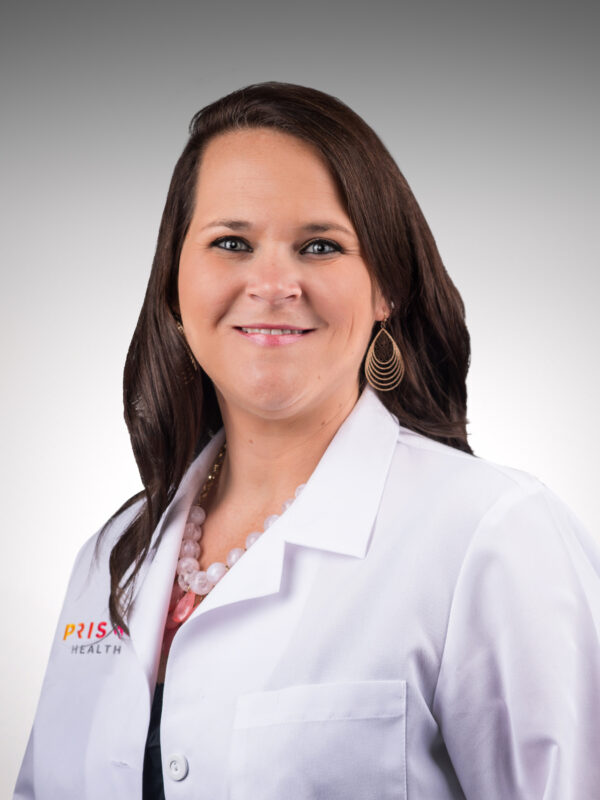Heavy periods in teens: What to know and when to see a doctor
While some teens handle their monthly period without much disruption to their everyday life, others may struggle with more significant discomfort, pain or inconvenience. Heavy periods as a teenager can feel embarrassing and be a struggle to deal with, but there are ways to treat this condition and make your period a more comfortable experience.
Pediatric hematology oncology specialist Stephanie Phillips Ambrose, DO, answered your questions on heavy periods in teens, including what causes it and how it’s treated.
How is a heavy period different than a regular period?
“Heavy periods, also known as menorrhagia, are experienced differently by every person who deals with them,” said Dr. Ambrose. “In general, when you are changing period hygiene products more than every two hours, the length of the period is longer than seven days or you are passing large clots, that’s when we become concerned.”
Teens (and adults) struggling with menorrhagia may also find that they have to limit daily activities due to heavy flow or that they are fatigued or short of breath every month during their period.
What causes heavy periods (menorrhagia) in teens?
“There are many things that can contribute to heavy periods, such as taking certain medicines, abnormal hormone levels (such as thyroid) or anatomical abnormalities,” said Dr. Ambrose. “However, the most common reason for heavy periods in teens is immaturity of the hypothalamic-pituitary-ovary axis.”
The hypothalamic-pituitary-ovary axis regulates hormones that lead to menstrual cycles. It’s not uncommon for this axis to initially have some issues regulating, and generally it will improve over time.
“There are also certain blood disorders that can lead to very heavy periods,” said Dr. Ambrose. “The bottom line is, if you feel that you are experiencing heavy menstrual bleeding, it’s time to schedule an evaluation with your doctor.”
How is menorrhagia diagnosed?
During an appointment with your doctor about your ongoing symptoms, your provider may recommend further evaluation. This could include labs to take a closer look at your hormone levels or to check for a possible bleeding disorder.
“In some cases, teens facing heavy menstrual periods are referred to our Women and Girls with Bleeding Clinic or menorrhagia clinic,” said Dr. Ambrose. “This allows patients to be evaluated by a hematologist, as well as a gynecologist. Hematology will determine if labs are needed to evaluate for a possible bleeding disorder and gynecology will evaluate and determine if imaging or other labs are needed, as well as make recommendations for improving symptoms with medications.”
How are heavy periods treated? Can overly heavy periods be cured?
“The main form of treatment for menorrhagia is hormonal control,” said Dr. Ambrose.
There are many ways to go about controlling your hormone levels and different medications that may be used. Since everyone’s body is different and so is their menstrual experience, what works for one person may not work for another. Meeting with an adolescent gynecologist or providers at the menorrhagia clinic can help, since those providers are well versed in the options available.
Can menorrhagia go away on its own?
“For patients who are experiencing heavy periods due to an immaturity of the hormonal axis, this will generally improve within the first four to five years after your periods start,” said Dr. Ambrose. “However, if the heavy bleeding is due to another cause, such as a bleeding disorder, it is possible that this will not improve with age.”
If left untreated, many patients will eventually develop anemia as a result of iron deficiency, due to the excessive blood loss. This often leads to symptoms like fatigue, shortness of breath, headaches and dizziness upon standing.
If you are ever experiencing any of these symptoms, it is important to see a doctor.
Choose a caring, trusted OB/GYN
Find a provider who’s right for you by viewing their online profiles, star ratings and reviews.
Find an OB/GYN

